Prior to the COVID-19 pandemic, efforts to ditch plastic in the grocery industry were ramping up. Many cities were implementing plastic bag taxes, encouraging shoppers to use reusable grocery and produce bags. However, these efforts came to a screeching halt when curbing the spread of COVID-19 became the country’s top priority.
Nearly overnight, grocery stores crossed off their bulk sections, loose food items became individually wrapped and, in some stores, plastic bags were no longer taxed. But signs are emerging that the fight to cut down on plastics is picking back up. Here are some of the latest sustainability movements in the grocery industry.
Kroger-Loop Partnership
Kroger, America’s largest grocery chain, announced last month it would be expanding an online trial with Loop, a circular economy platform focused on reusable packaging for branded products. While the partnership was formed in May 2019, it was put on hold during the height of the COVID-19 pandemic. Now, the trial has resumed in 25 Fred Meyer store locations in Portland, Oregon.
Here’s how it works: participating brands will offer products in reusable packaging that will be merchandised in separate Loop aisles. “Upon launch, our customers will be able to shop for these exciting products in select stores and then conveniently return empty packages to these locations. Once returned, packaging is washed by Loop, refilled by brand partners and put ‘back in the loop’ for our customers to enjoy,” the retailer said on its website.
The launch, which was originally planned for the fall, was postponed to early 2022 due to supply chain issues. While Loop’s growth was slowed by the pandemic in favor of safety measures, it was for the same reasons that upended many brands’ sustainability plans — but not because interest was dwindling. The demand for sustainability in the grocery industry remained strong during the pandemic, and the Kroger-Loop partnership will test this theory.
Loop, which also works with pharmacy chain Walgreens and fast-food chains McDonald’s, Burger King, and Canada-based Tim Hortons, expects nearly 200 stores and restaurants worldwide to be selling products in reusable packages by the first quarter of 2022. But until there is widespread adoption of plastic-free packaging, other independent grocers are taking matters into their own hands.
Related: Recyclable vs. Reusable: Which Type of Food Packaging Will Dominate the Market?
Zero-Waste Grocery Stores
While zero waste grocery stores are not new, more and more have been popping up in major cities around the US. In these stores, most products are sold without packaging and single-use plastics are avoided in favor of recyclable, reusable and compostable materials. They differ from bulk foods stores in that many offer fresh produce, ready-made and refrigerated items as well.
Zero waste grocery stores also tend to be independent and locally-owned rather than owned by retailers or corporations — making them more appealing to environmentally-focused consumers. One zero waste grocery store, Tinyshop, recently opened up shop in Chicago with the mission of making sustainable groceries more convenient and accessible to locals. Customers can place their orders online in advance or stop in for groceries, and jars can either be reused or returned for $2.
Boulder, Colorado-based Nude Foods Market is another zero-waste grocery store with a slightly different approach. Rather than customers bringing their own reusable bags or jars, everything in the store is packaged in reusable jars, cloth bags or recycled plastic containers that require a $1.50 deposit. Once returned, patrons are reimbursed and the store staff wash, sanitize and reuse the jars.
Zero waste grocery stores go far beyond a plastic bag tax by removing all forms of unnecessary waste from their business models. And while the trend is only just getting started in the US, the zero waste grocery industry is no longer just for climatarians.
Sustainable Grocery Delivery
The pandemic transformed the way many Americans shopped for groceries and many, for the first time, turned to ordering groceries online. And while it may seem like online grocery shopping is a less of a sustainable move, some deem it more efficient than individuals taking trips to a brick-and-mortar store.
Even though a delivery truck is likely to have higher emissions than a car, it can deliver to more households, more resourcefully. Additionally, food that comes straight from a distribution center also avoids carbon emissions associated with a grocery store. Stores tend to be energy intensive in order to create a comfortable temperature for customers.
For these reasons, along with consumer convenience, sustainable grocery delivery services are on the rise. Jokr, Buyk, Fridge No More and Gorillas are just some of the many ultrafast grocery delivery services that have popped up across New York City within the last year — all of which reached valuations in the millions or billions.
Unlike traditional online grocery services, these startups don’t rely on individual grocery stores for products. Instead, they build small-scale fulfillment centers that aren’t accessible to customers and are placed strategically in key delivery areas. Whereas typical grocery stores stock around 35,000 items, the fulfillment centers only carry about 1,500 to 5,000 SKUs of only the most in-demand inventory.
Their employees also differ from those that work for Uber Eats or other third-party delivery services. Instead of leaning into the gig economy, these services hire couriers as full-time employees, allowing them to make an hourly wage, keep tips and receive benefits.
A report from the Coca-Cola Retailing Research Council found that seven in ten consumers try to reduce their impact on the environment wherever possible, with two in three going out of their way to recycle. With sustainability as a top priority for many consumers, the grocery industry is shifting to adapt to their needs.


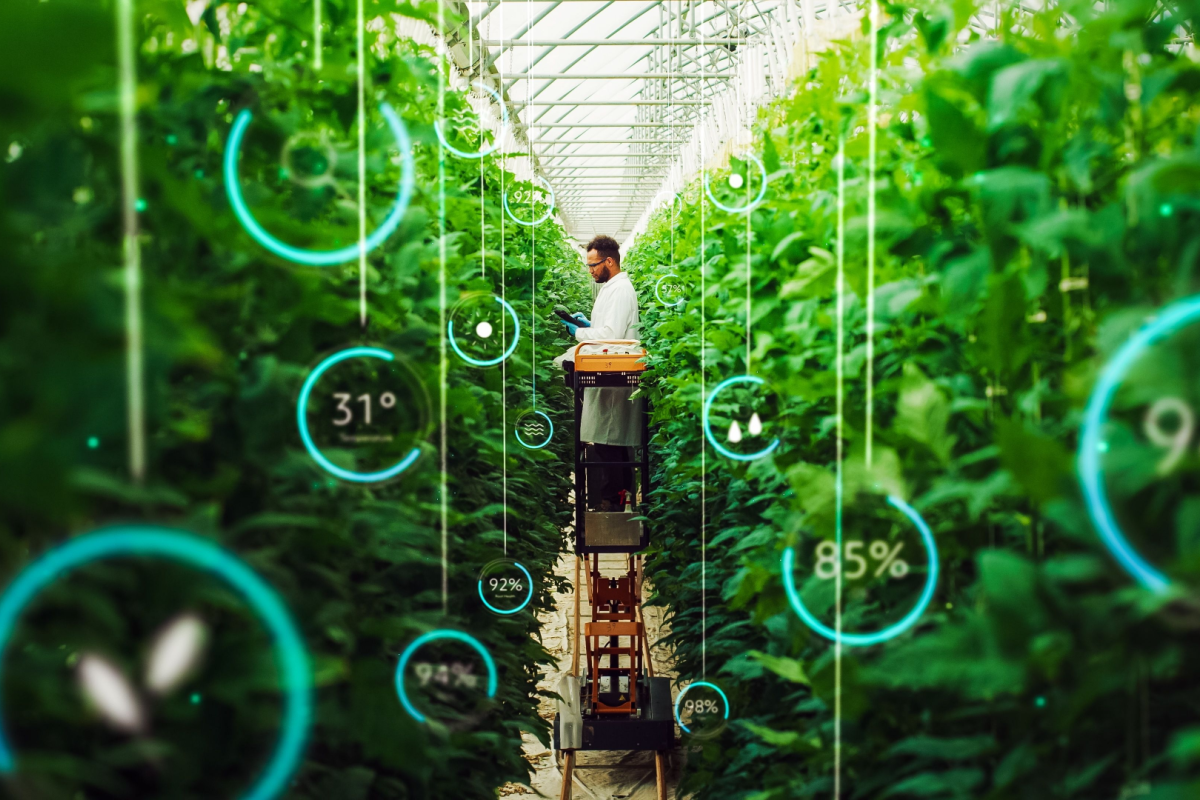
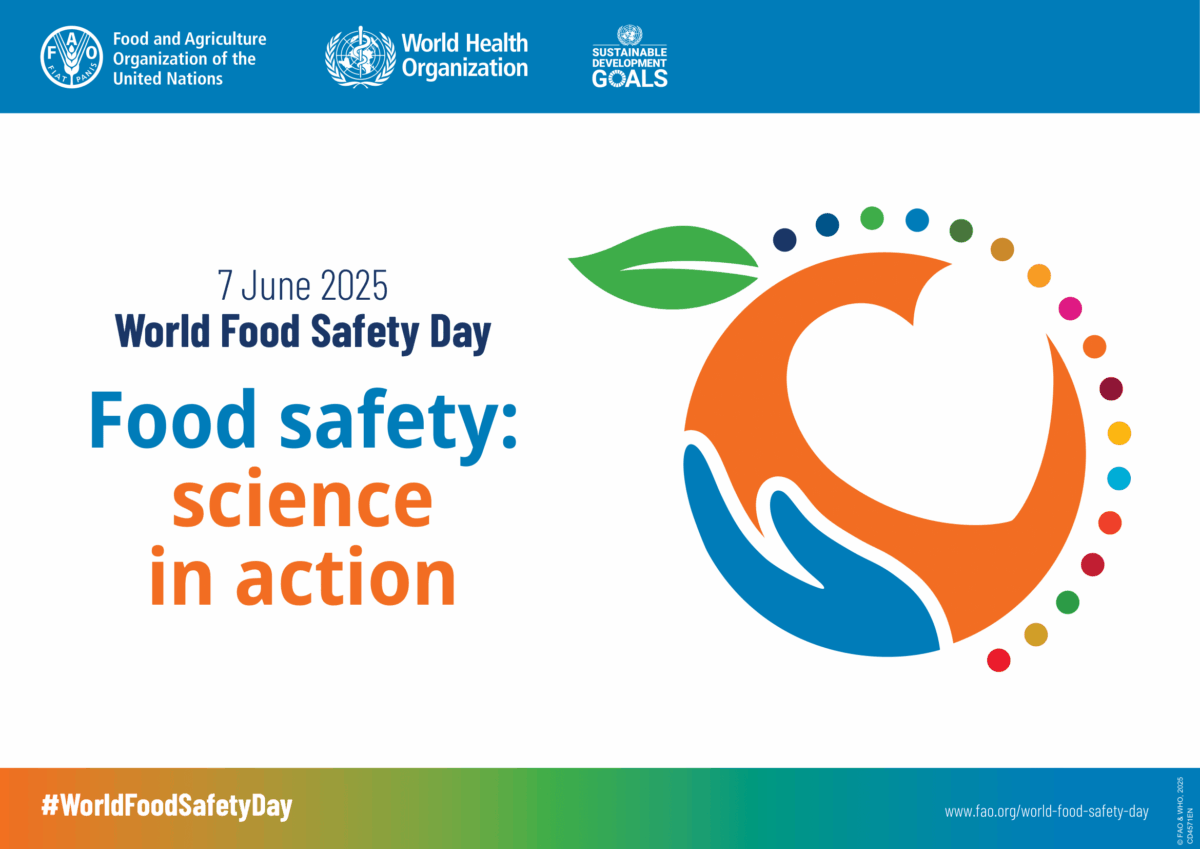
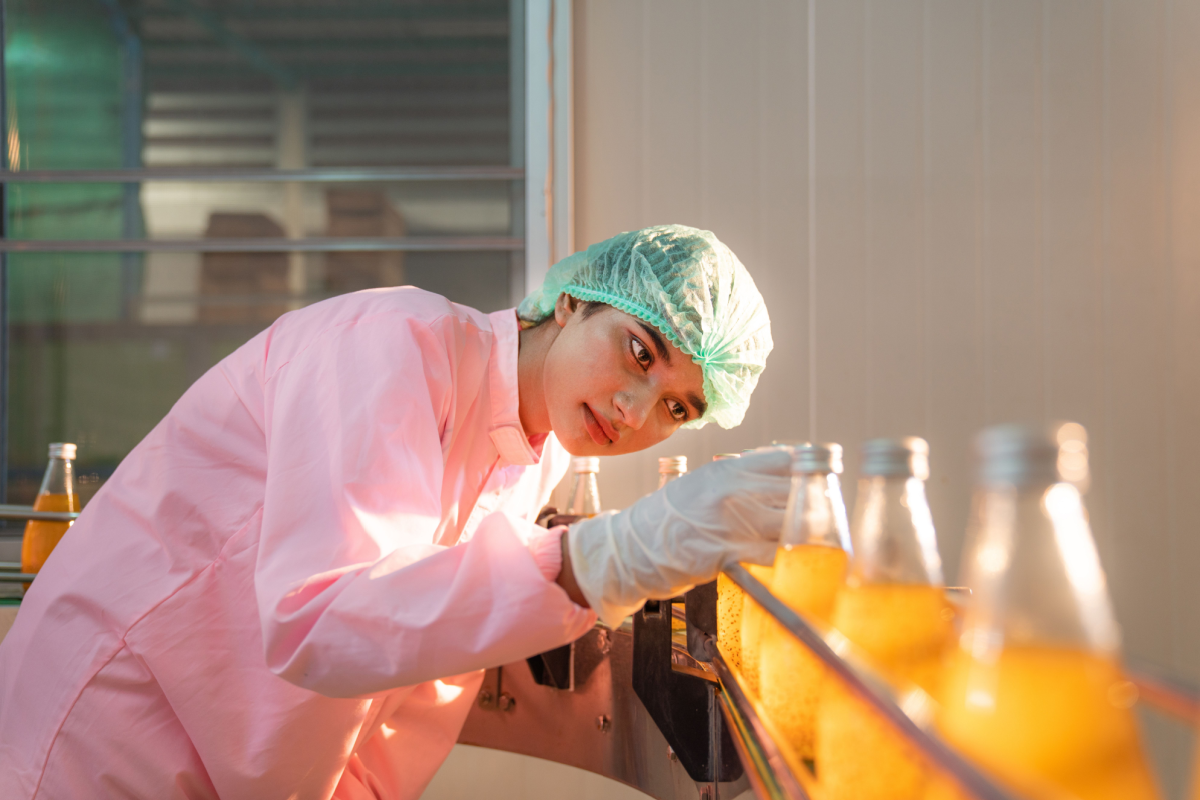
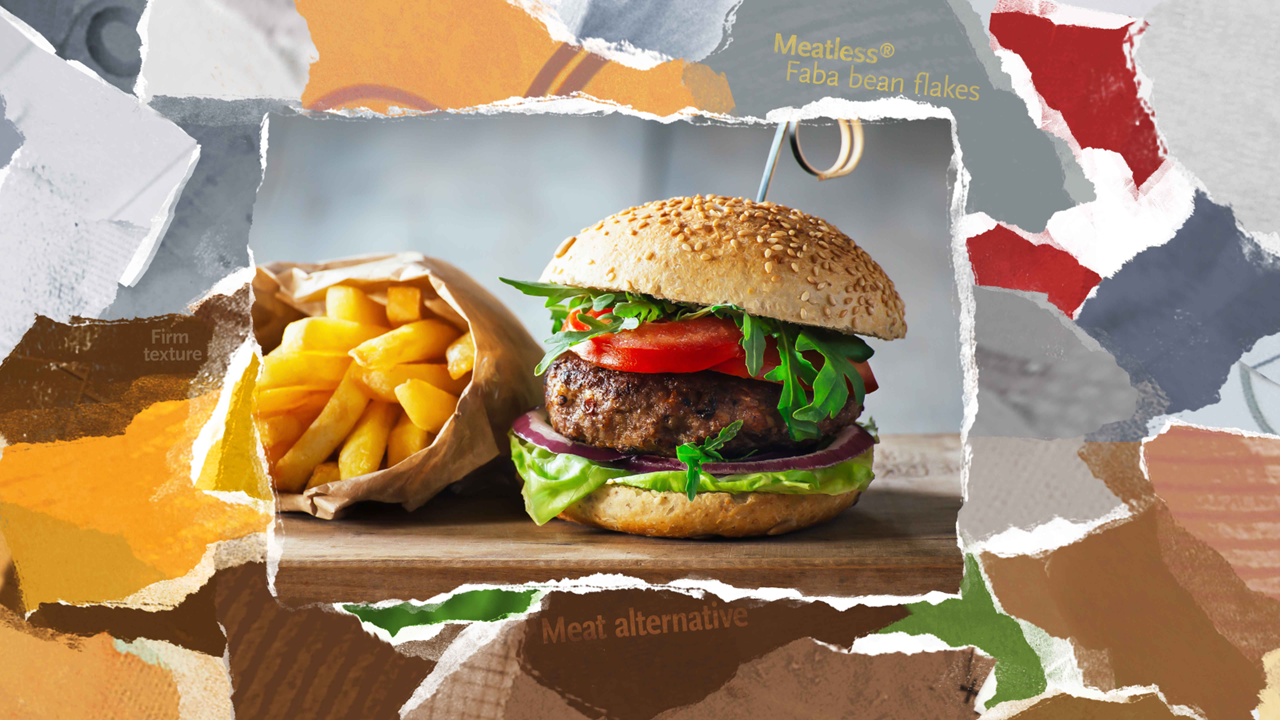
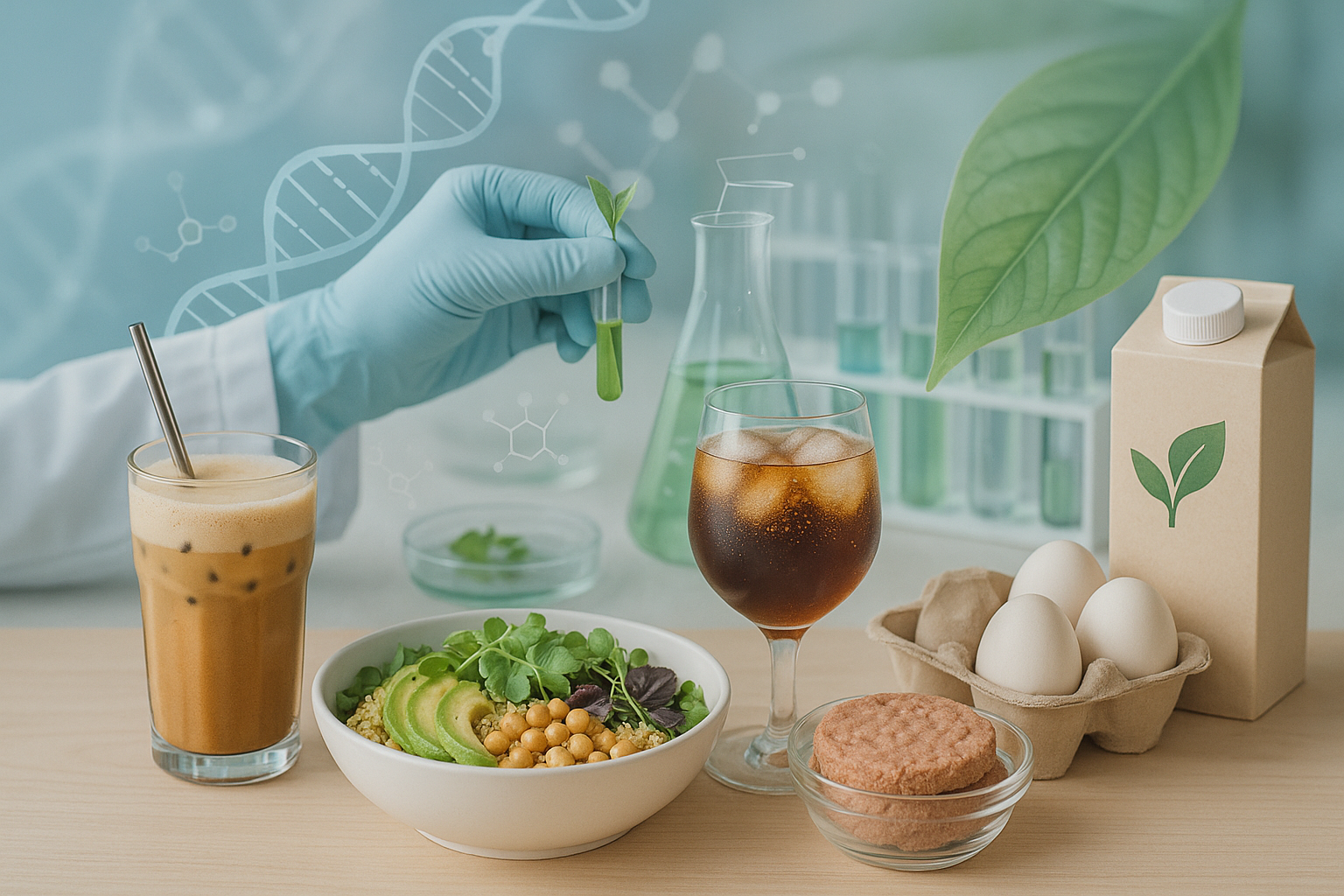





Join or login to leave a comment
JOIN LOGIN